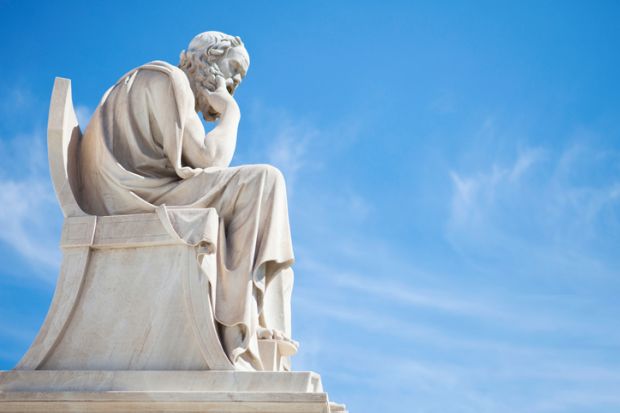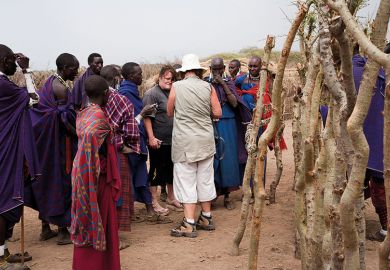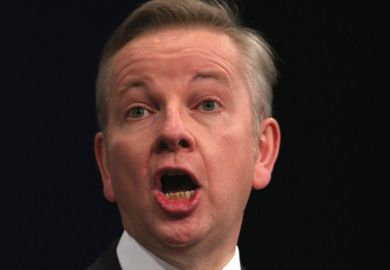Contemporary defenders of the liberal arts tend to make one of two arguments. Some make the case that studying philosophy, literature or film produces a kind of expertise that is valuable to the tech industry. Liberal arts students, so the story goes, can use their critical thinking skills to help innovative companies produce smarter robots and better apps.
Others make a political argument, claiming that only liberal arts study can help us defend democracy against the forces that threaten it. The rise of aggressive nationalist movements across Europe and North America has added a special urgency to such panegyrics. If more people study political science and history, some suggest, we might be able to safeguard civilisation against the new barbarian hordes of online trolls and post-modern fascists.
Both of these defences are valid. It is true to say that engineers working on artificial intelligence could benefit from having more ethicists in the laboratory. It is likewise true that liberal democracies are facing new and unprecedented threats. Their survival depends upon the people’s capacity to distinguish between truth and fiction, and to recognise the erosion of political norms.
However, I submit that these arguments – while effective in certain situations – might do a disservice to the liberal arts. They potentially cloud the public understanding of what these subjects are, and misrepresent their true value.
Defending the liberal arts by subordinating them to other industries or disciplines whose worth is more intuitively obvious in the current neoliberal climate inadvertently suggests that the purpose of the liberal arts is to help sustain the economic and political status quo. But recall that the Greeks, the inventors of democracy, perceived a deep and permanent tension between the academy and the polis. Socrates — who was lampooned by the playwright Aristophanes for being a stargazer and a pedlar of nonsense — was executed by order of a democratic assembly for corrupting the youth and blaspheming against the gods of the state. Socrates was not helping young people get jobs; nor was he straightforwardly supporting the national interest.
If we are honest, we have to admit that the study of the liberal arts does not always advance the interests of business or of government. Reading Nietzsche, Woolf or Frederick Douglass will not necessarily turn someone into a productive member of society. There is, in fact, something potentially radical and even dangerous about the liberal arts. It trains students to ask more penetrating and fundamental questions than “How might we do this more efficiently?”
And that’s the trouble. The true substance of the liberal arts is to probe issues that transcend politics. What is a human life? What is it worth? Are we really free and, if so, in what sense? These are the sort of questions that must be answered in order for human activity to have any meaning at all, but the fact that they both predate and outlast states and economies makes it difficult to defend them in political or economic terms.
Faced with the traffic and toil of daily life, it is all too easy to let the big questions recede into the background. Yet, if we fail to confront them, as individuals and as communities, we can lose all sense of purpose in both our private and our public endeavours. This is the other defence of the liberal arts: the one we are sometimes perhaps too timid to advance.
By reading novels and political treatises, works of history and theology, we can avoid sleepwalking through life. We can learn not just how to do things, but also why we should (or should not) do them. We should continue to champion universities as “centres of innovation” that stimulate our economies because, of course, they are. But it is even more important to protect them because they create spaces and opportunities for exploring what it means to be human.
Andrew Moore is director of the great books programme at St. Thomas University in Fredericton, New Brunswick, Canada. He is the author of Shakespeare between Machiavelli and Hobbes.
POSTSCRIPT:
Print headline: What did Plato do for us?
Register to continue
Why register?
- Registration is free and only takes a moment
- Once registered, you can read 3 articles a month
- Sign up for our newsletter
Subscribe
Or subscribe for unlimited access to:
- Unlimited access to news, views, insights & reviews
- Digital editions
- Digital access to THE’s university and college rankings analysis
Already registered or a current subscriber?







